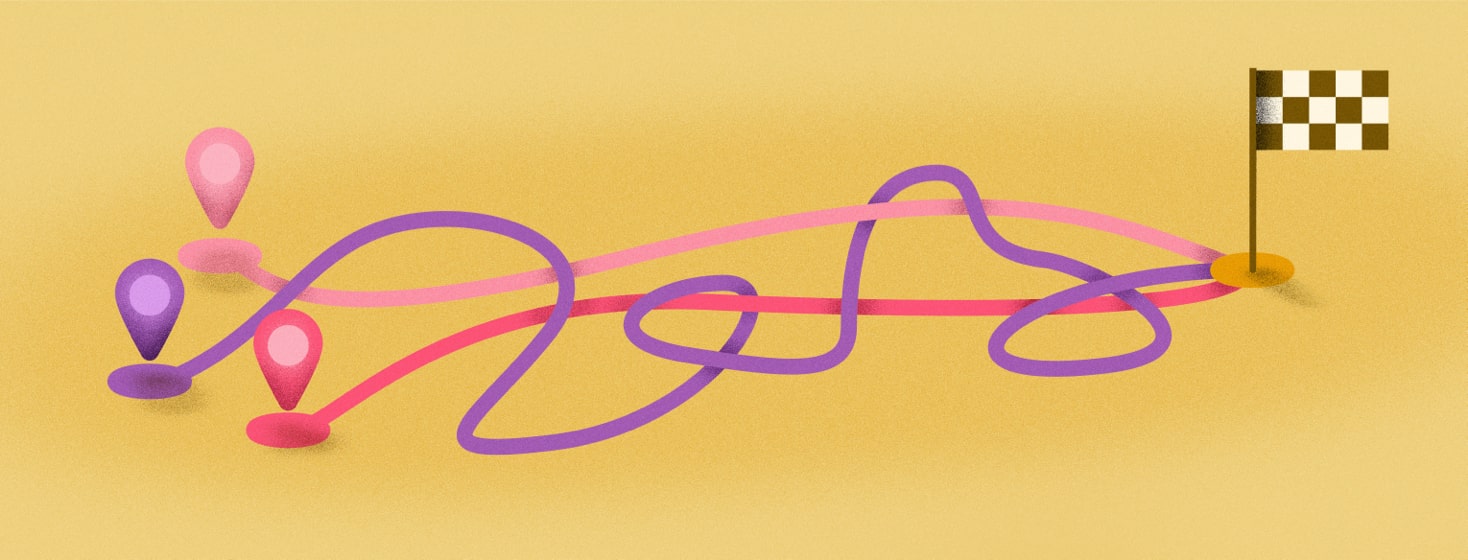Wanting More Credit for More Effort
It’s seared in my memory: sitting in my wheelchair across the desk of my school guidance counselor with my mother sitting beside me, talking about my goal to go to college and planning my future. I had good grades, plenty of extracurriculars, and a severe childhood-onset chronic disease resulting in significant disabilities. And my counselor said: “You know, without all of the challenges Kelly has faced, how much more would she be able to achieve?”
Every day means more effort
It was so powerful. It was an astute statement: that what I had to deal with in life, not just health issues but also inaccessibility and discrimination, were barriers to achieving my true potential. But it was also encouraging because I had achieved a lot despite these challenges.
I feel the truth still — that it takes me a lot more effort (and often time) to do the same things that others do easily and without thought. It starts even with daily life — getting up, ready, and going through my day can take up huge amounts of my energy. This is even more true on days when I am feeling worse. And yet, I still do it. But I don’t get much (or any) credit for this extra effort except from the people closest to me who see the extent of my work.
In an alternate universe, less effort means a different life
In many ways, I may have been able to advance my career more or faster if everything wasn’t harder for me to do. I definitely would have traveled more, seen more places around the world.
There’s a lot here to consider. I don’t feel I missed out, but perhaps a Kelly in an alternate universe who didn’t have rheumatoid arthritis led a very different life. She may not be anything like me at all. She wouldn’t have my same tenacity and resilience. She wouldn’t be as stubborn and persistent. Because I had to be all these things to get through all my days.
Some of it is my disease. I have less energy and more pain because of my decades of living with RA. I have disabilities that mean basic tasks can be harder, more exhausting to complete because my joints don’t move well and my muscles are weaker.
Dealing with environmental barriers
A lot of it is my environment — inaccessibility and discrimination. Would I have been promoted more, gotten more jobs, not have had to work harder than others to get noticed? Probably. Definitely. I know there were jobs I didn’t get when I rolled into the interview room in my motorized wheelchair. I saw the looks on faces — and I intentionally ignored them.
I would have traveled more if the world had more ramps and didn’t habitually exclude disabled people. I wouldn’t have feared being stranded in a wheelchair broken by airlines if it wasn’t so common and in the news every day.
Choosing where to make the effort
There’s a lot I didn’t do because either I was stopped by others or stopped myself because I didn’t want to waste my effort. You see, I had to save my energy for the areas of my life where it would make a difference, where I could make change happen.
I’ve come to accept that most of my invisible effort will remain so. I won’t get credit for it, because either people don’t want to or are unable to see it. They can’t understand that me getting ready in the morning takes likely 3 times longer and a lot of energy that I won’t regain.
But I’m not going to stop, because this is what I need to do to maintain the life I so enjoy. I’ll keep putting in the effort and getting less of the credit. At the end of the day, I can pat myself on the back for a life well-lived.

Join the conversation